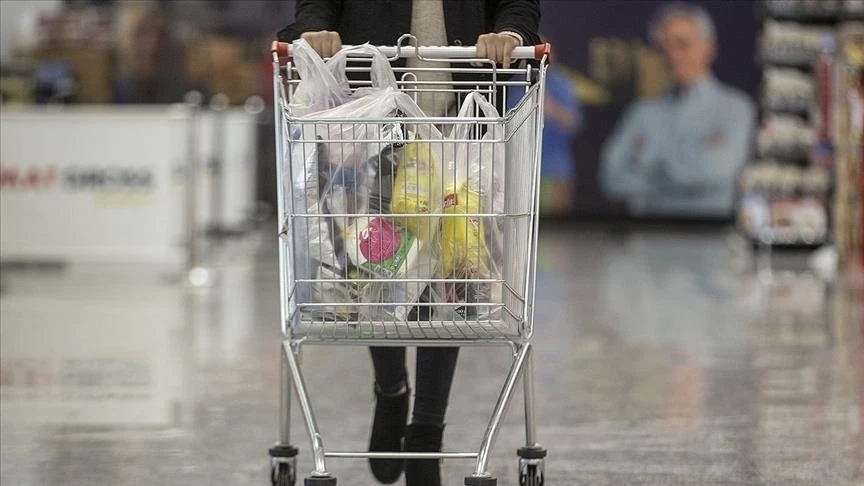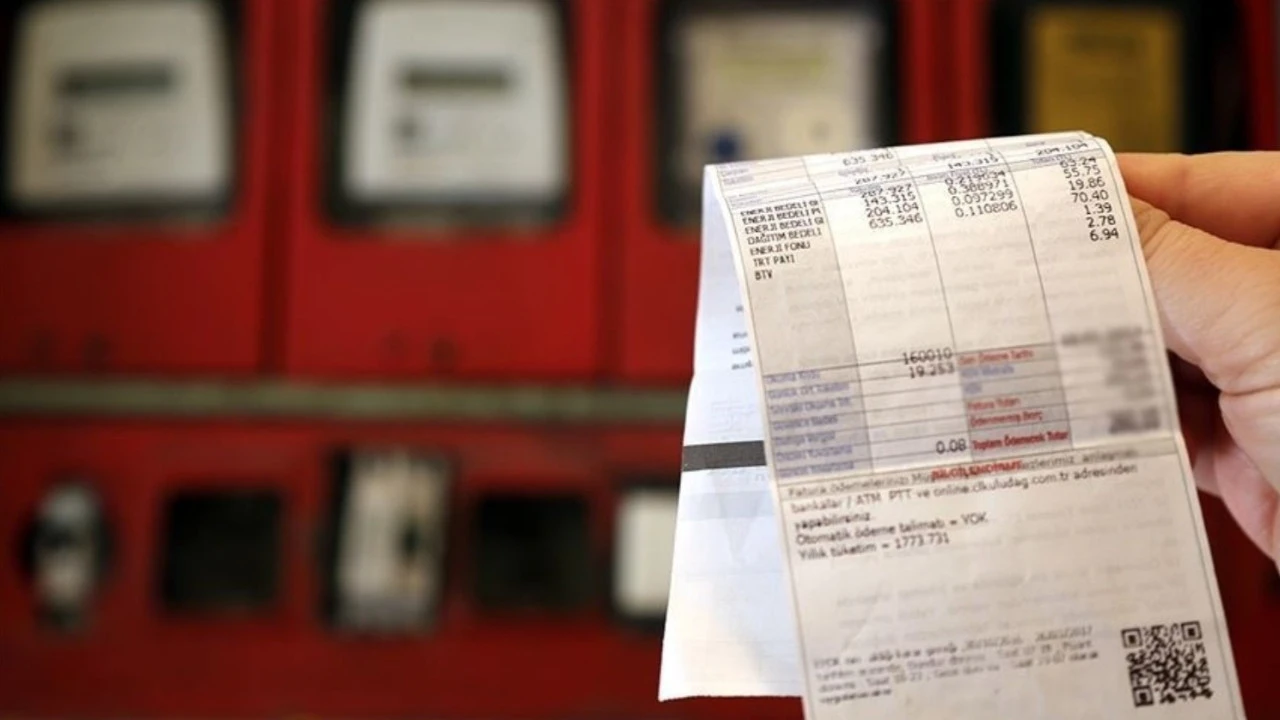Turkish citizens pay nearly $7,000 per second in taxes as record budget deficit deepens burden
 People do shopping ahead of the Eid al-Fitr at Spice Bazaar in Eminonu district of Istanbul, Türkiye on Mar. 29, 2025. (AA Photo)
People do shopping ahead of the Eid al-Fitr at Spice Bazaar in Eminonu district of Istanbul, Türkiye on Mar. 29, 2025. (AA Photo)
Turkish citizens paid an average of more than ₺260,000 (accounts for $6,827 as of April 17) in taxes every second during the first quarter of 2025, as the central government recorded a historically high budget deficit driven by rising interest payments and expanding public expenditures.
According to calculations of business-focused dunya.com based on the data compiled by Türkiye’s Treasury and Finance Ministry, the government accrued ₺3.33 trillion in total tax obligations between January and March, the first quarter of 2025.
Of this amount, ₺2.02 trillion, or 60.7%, was actually collected. The figures translate to a daily tax collection of ₺22.47 billion, or approximately ₺936 million per hour.
The bulk of the tax burden fell on consumers through indirect taxation—taxes applied to goods and services at the point of sale—reinforcing ongoing concerns over tax equity in Türkiye. In the first quarter, indirect taxes generated ₺1.45 trillion, accounting for nearly 72% of all tax revenues.
In contrast, direct taxes—imposed on income, profits, and wealth—contributed ₺572.5 billion, making up just 28.3% of the total.

This distribution means nearly three-quarters of government revenue came from taxes embedded in the price of goods and services, while only one-quarter was collected from individuals and corporations based on earnings and assets.
Spending taxes surge, powering over half of Türkiye’s tax revenue
Among the indirect taxes, Value-Added Tax (VAT) and Special Consumption Tax (SCT) led the value generated, as the collections amounted to ₺1.1 trillion in the first quarter in total, making up over 54% of the government’s total tax revenue.
VAT is a type of consumption tax added at each stage of the supply chain, ultimately borne by the consumer. SCT, meanwhile, is applied to specific items such as fuel, tobacco, vehicles, and luxury goods.
VAT collection reached ₺705.5 billion during the first three months, with ₺351.7 billion coming from domestic sales and ₺353.8 billion from imports, representing about 35% of total tax income.
Compared to the same period last year, VAT collected from domestic goods rose 58.5%, while VAT from imports increased 16.8%.
SCT revenue totaled ₺393.6 billion in the same period, accounting for roughly one-fifth of overall tax income. This included ₺141.4 billion from new motor vehicle sales, ₺104.7 billion from fuel and natural gas, and ₺93.7 billion from tobacco products.
Alcohol sales contributed ₺25.3 billion, while carbonated soft drinks generated ₺3.5 billion. Nearly ₺25 billion came from other taxable durable goods.

Turkish government tightens tax oversight
Türkiye’s central government budget deficit widened sharply in the first quarter of 2025, driven by elevated public spending and rising interest payments—despite a significant increase in tax revenues.
In March alone, the government posted a budget deficit of ₺261.5 billion, including a primary deficit—excluding interest payments—of ₺100.2 billion, the finance ministry’s data showed. The cumulative deficit for the first quarter reached ₺710.8 billion, amounting to 36.8 percent of the ₺1.93 trillion shortfall projected for the full year.
March budget revenues rose 58.4% year-on-year, outpacing the 38.1% increase in consumer inflation and signaling a real rise in public income.
However, early signs of slowing tax momentum emerged, particularly in consumption-based revenues. SCT collections from durable goods—considered a key indicator of domestic demand—fell 2% annually to ₺8.3 billion in March.
Amid mounting fiscal pressure, the government revised its 2025 budget deficit forecast from ₺1.61 trillion, 2.7% of gross domestic product (GDP), to ₺1.9 trillion (3% of GDP). The first-quarter figures suggest that rising public expenditures continue to challenge the government’s disinflation strategy.
To help narrow the fiscal gap, Treasury and Finance Minister Mehmet Simsek has intensified efforts to diversify the tax base and combat tax evasion.
According to the ministry’s Tax Inspection Board, audits conducted in 2024 led to a record ₺120 billion in assessed public receivables, excluding late payment penalties.



